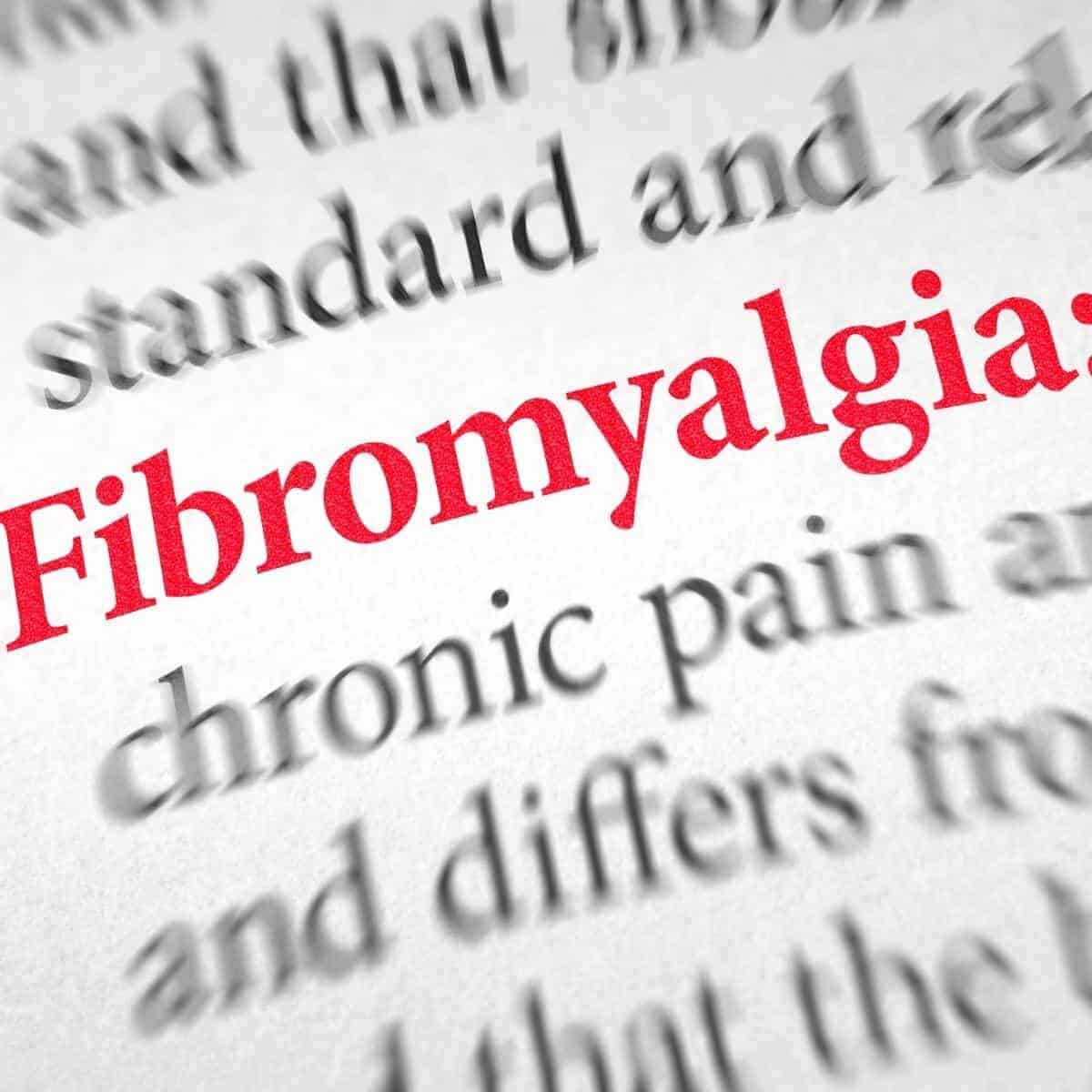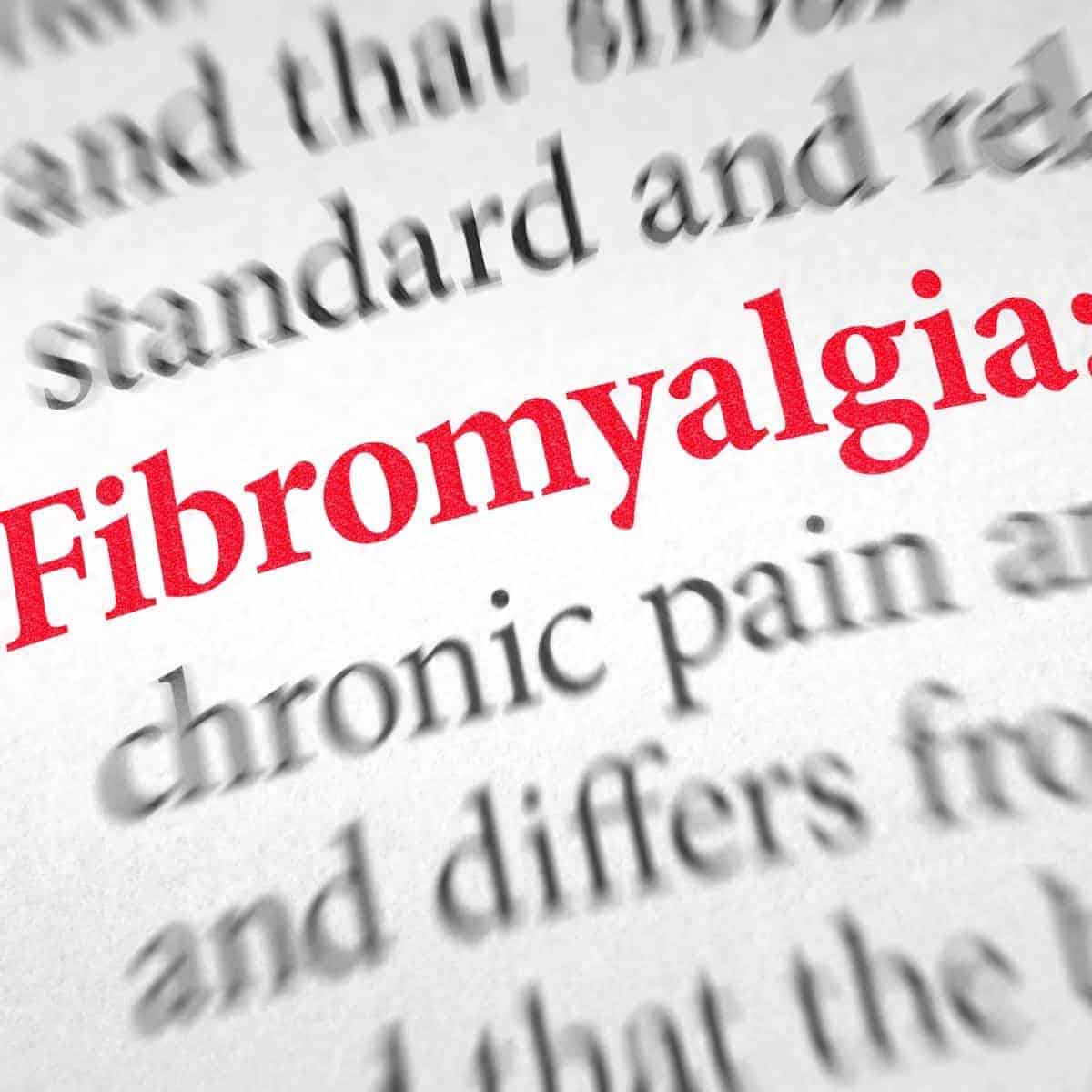Weight Loss with Fibromyalgia – My ongoing battle!
Sharing personal stories can be incredibly helpful, especially when dealing with something as challenging as fibromyalgia. I hope my experiences can offer some insight and encouragement to others facing similar challenges.

What is Fibromyalgia?
For those unfamiliar, fibromyalgia is a chronic condition characterised by widespread pain and fatigue. Imagine the body aches and stiffness you feel when you have the flu, but with added sleep troubles and concentration issues, often called “fibro-fog.” The symptoms can vary in intensity, making some days easier than others. Many also experience IBS, headaches, and other symptoms, though I haven’t had too many additional issues myself.
Treating Fibromyalgia
Treating fibromyalgia often involves a blend of approaches, including cognitive behavioral therapy (CBT), medications, physical therapy, and relaxation techniques. The right treatment plan depends on your unique symptoms. Regular exercise is usually recommended, and while it might sound painful, activities like swimming can be gentle and effective for managing pain.
Managing Fibromyalgia Through Diet
Dietary changes can play a significant role in managing fibromyalgia symptoms. Here are a few approaches that might help:
- Mediterranean Diet: Rich in vegetables, fruits, whole grains, and healthy fats, this diet is known for its anti-inflammatory benefits.
- Low-Calorie Diet: Focusing on nutrient-dense foods like fruits, vegetables, and lean proteins may alleviate symptoms.
- Low FODMAP Diet: This diet reduces certain carbs that cause digestive issues and is rich in anti-inflammatory foods.
Foods to Include
Here are some foods that could potentially help ease symptoms:
- Proteins: Salmon, eggs, chickpeas, Greek yogurt
- Fruits: Bananas, oranges, apples, grapes, blueberries, strawberries, blackberries, tomatoes, avocado
- Vegetables: Spinach, kale, zucchini, cauliflower, broccoli, cabbage, peppers, cucumber, carrots
- Carbs: Sweet potatoes, brown rice
- Fats: Olive oil, coconut oil
- Herbs and Spices: Turmeric, ginger, cinnamon, rosemary, garlic, cloves
Foods to Avoid
While there’s no guarantee avoiding these foods will help, it might be worth trying:
- Empty Calories: Chips, biscuits, cakes, ice cream, sugary drinks
- Pro-inflammatory Foods: Processed foods, refined carbs, fast food, certain vegetable oils
My Fibromyalgia Journey
Back in early 2013, I was struggling with persistent pain and fatigue that turned out to be fibromyalgia. It was life-changing; even a short trip to the store left me exhausted. After being diagnosed by a rheumatologist, I finally had a name for what I was dealing with, but the battle was far from over.
Fibromyalgia took a toll on my mental health, and my weight began to creep up. I was morbidly obese according to the BMI scale, and stuck in an abusive relationship that compounded the situation. Feeling trapped and useless, I decided to fight back against the weight gain and reclaim my life.
My Weight Loss Journey
In January 2014, I joined Slimming World, determined to shed the extra pounds. Despite the pain and exhaustion, I committed to attending meetings and taking short walks, with plenty of rest in between. Slowly but surely, the weight started to come off, and I noticed a slight improvement in my pain levels.
While exercise was minimal due to my fibromyalgia and chronic fatigue, the focus was on diet and staying motivated. I realized that weight loss didn’t cure my fibromyalgia, but it did make managing the symptoms a bit easier.
Reaching My Target and Beyond
As I approached my target weight, life began to look brighter. I left the abusive relationship, met a wonderful partner, and felt more comfortable in my skin. While fibromyalgia and chronic fatigue were still part of my life, they became more manageable.
I even trained for and completed a half marathon—a huge accomplishment that showed me how far I had come. Though I’ve gained some weight again since then, the experience taught me the impact weight has on my symptoms and the importance of mental health in managing fibromyalgia.
Can You Lose Weight with Fibromyalgia?
Absolutely—it’s not just possible, but potentially beneficial for symptom management. While your experience may differ from mine, weight loss, combined with a healthy diet and gentle exercise, could provide some relief.
Fibromyalgia, weight loss, and depression are all interconnected, and maintaining a healthy weight helps me manage my symptoms. While not a cure, losing weight made my fibromyalgia more manageable and improved my overall quality of life.
If you’re considering weight loss with fibromyalgia, remember that every step forward counts, and it’s okay to go at your own pace. Here’s to hoping my story inspires you to find your path to feeling better.






